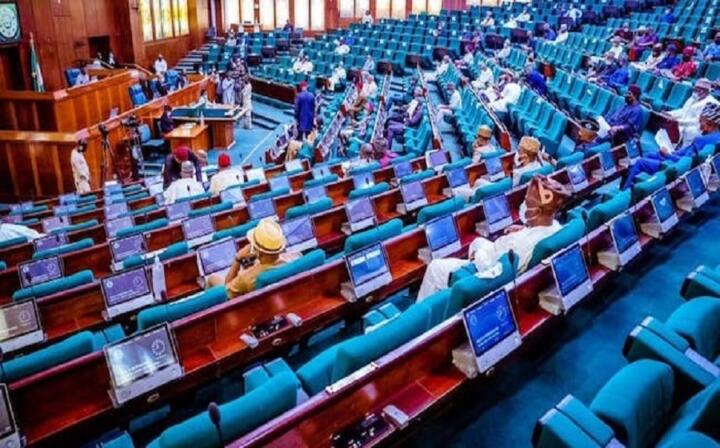InfoStride News reported on November 3 that the Nigerian House of Representatives, under the leadership of Honorable Ikeagwuonu Ugochinyere, the Chairman of the House Committee on Petroleum Resources (Downstream), is set to embark on a comprehensive audit of petrol subsidies in an effort to recover approximately $20 billion in lost revenues.
This decision comes as part of a broader initiative aimed at assisting the federal government in addressing the revenue shortfall in the oil sector and ensuring a consistent supply of domestic crude, thereby enhancing energy security. Honorable Ugochinyere outlined the specific objectives of the committee as follows:

1. Prioritizing early remittance of federal revenues and the recovery of any unremitted funds in the near future to ensure timely government revenue collection.
2. Investigating subsidy beneficiaries, scrutinizing loan transactions, pre-export financing arrangements, and reviewing loans associated with crude oil to enhance transparency and accountability.
3. Evaluating the direct sales and direct purchase method and assessing the use of crude for importing refined petrol and other related value chains.
4. Collaborating with relevant committees in the upstream, mainstream, gas, and petroleum training fund sectors to achieve specific goals.
5. Assessing actions taken before and after the implementation of the Petroleum Industry Act (PIA), evaluating the status of national assets, and reinforcing energy security.
6. Investigating the level of competition in the downstream sector, aligning with the vision outlined in the Petroleum Industry Act.
7. Focusing on addressing the challenge of NNPC’s dominance as the primary importer of petrol, deviating from the PIA’s goal of diversifying downstream operators.
8. Tackling the challenges associated with providing domestic crude to modular and local refineries, in line with the constitutional provisions set forth in the Petroleum Industry Act.
It is important to note that President Bola Ahmed Tinubu officially declared the end of petrol subsidies during his inauguration on May 29, 2023. This significant policy shift was prompted by the unsustainable nature of subsidizing petrol prices. In February 2023, prior to the removal of petrol subsidies, the Nigerian National Petroleum Company Limited (NNPCL) disclosed that it was incurring substantial costs, paying up to N400 billion monthly to subsidize petrol. This ongoing financial burden was severely impacting the company’s resources and sustainability.
Mele Kyari, the Group Chief Executive Officer of the NNPCL, explained in February 2023:
“In current data terms, three days ago, the landing cost was around N315/litre. Our customers are here; we are transferring to each of them at N113/litre. That means there is a difference of close to N202 for every litre of PMS we import into this country. In computation, N202 multiplied by 66.5 million litres, multiplied by 30 will give you over N400 billion of subsidy every month.”
This move by the House of Representatives to audit and recover petrol subsidies is a crucial step in addressing fiscal challenges in the oil sector and improving economic stability. It underscores the government’s commitment to enhancing transparency, accountability, and financial prudence within the industry.
Support InfoStride News' Credible Journalism: Only credible journalism can guarantee a fair, accountable and transparent society, including democracy and government. It involves a lot of efforts and money. We need your support. Click here to Donate
